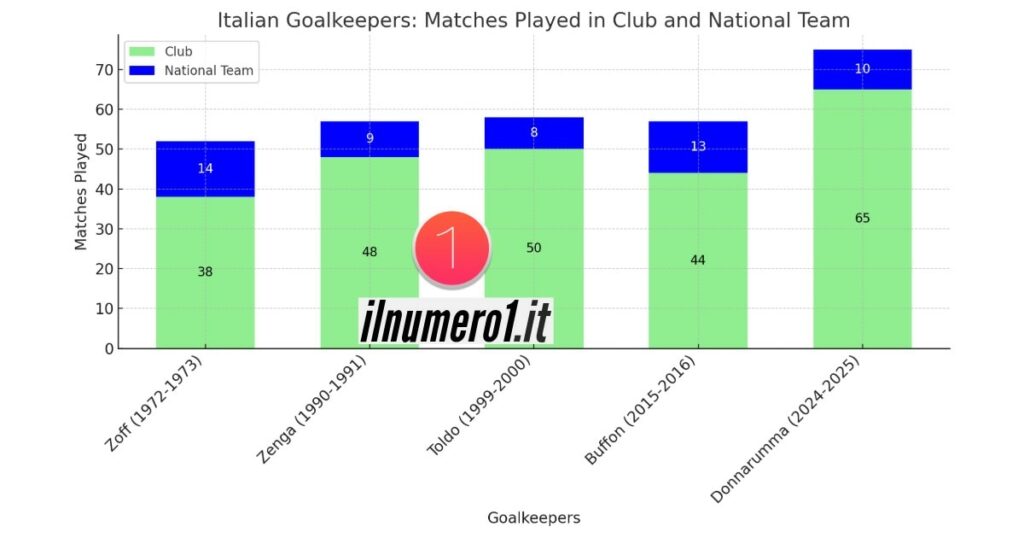The current football fixture list is much more congested compared to the past. Players participate in numerous national and international competitions, leading them to play many matches in a short period of time. This increase in commitments contributes to physical and mental overload, resulting in a rise in injuries in modern football.
The new football fixture
Recently, the football world has been shaken by a series of injuries affecting high-profile players, highlighting a growing issue: footballers need rest. In recent weeks, stars like Rodri, Bremer, Carvajal, and Zapata have had to prematurely end their seasons due to physical problems. This trend does not seem to be slowing down, with news continuing to emerge about other players being forced to stop during national team camps or being unable to participate after suffering injuries during medical assessments. The latest on this list is Liverpool’s goalkeeper, Alisson, who will be out for about a month and a half. These incidents raise questions about the excessive number of scheduled matches, both played and potentially to be played, emphasizing the need to review the football calendar in order to safeguard athletes’ health.
Some examples
An emblematic case is that of Phil Foden, a young talent from Manchester City, who could play up to 83 matches by the end of this season. In the following season, that number could rise to as many as 89 matches. These figures raise serious concerns about the impact such a packed schedule has on the health of athletes.
The 2023-2024 Player Workload Monitoring (PWM) data prompts reflection: out of 1,500 players examined, 54% have an excessive workload, and 30% of them play more than 55 matches a year. Given that scientific evidence has long established a direct correlation between an increase in matches played and a higher risk of injuries, this trend of playing many matches could further increase the number of injured players.
When the schedule is packed with matches every three days, training on the pitch primarily focuses on recovery for players who just played and physical preparation for those who have had less playing time. As a result, the most talented players stop training regularly, or at least are unable to do so consistently, while those used less frequently struggle to improve their performance. In fact, training sessions are aimed at maintaining optimal physical condition at the expense of technical development. There isn’t enough time, as one match quickly follows another. Moreover, it’s important to consider that the way teams play has drastically changed compared to the past: today’s football is much more physical, characterized by high intensity, with the goal of constantly putting pressure on the opponent. On the field, players make extreme movements, and without a proper balance between rest and training, the risk of injury increases significantly.
The goalkeepers
We should also consider the accumulated psycho-physical stress, which is even greater for South American players playing in Europe, especially in the Premier League. It is estimated that Cristian Romero (Argentina and Tottenham) traveled approximately 163,000 km last season. Julián Álvarez (Argentina and Manchester City, now at Atletico Madrid) was called up for 83 matches, participating in a total of 39 trips.
It’s not just the body under pressure, but also the mind, with negative repercussions on various aspects of psychomotor performance specific to the sport, such as decision-making, reaction time, and accuracy. The constant focus required during matches and the pressure to achieve results take a toll on the players’ psychological well-being.

The overload of matches also affects goalkeepers, who have always relied on mental strength as their key asset, but they may be the most vulnerable to this kind of fatigue. Analyzing the data, we can see that the number of matches played by top-level goalkeepers has steadily increased over time. Dino Zoff, in the 1972-1973 season, and Walter Zenga, in the 1990-1991 season, played an average of 38 to 48 matches per season. In comparison, it is estimated that Gianluigi Donnarumma could play up to 75 matches between club and national team during the 2024-2025 season.
Possible solutions
Without proper recovery and a balance with training, it becomes very difficult to reduce the risk of injuries in football players. The ideal solution could be to play fewer matches, train effectively and consistently, in order to reduce injuries, keep key players available, and allow others to improve and seize their opportunities. A step in this direction was taken by Real Madrid, where Carlo Ancelotti has scheduled rotational weeks of rest or additional breaks for the most stressed players.
In the case of goalkeepers, teams involved in European competitions or with players called up to national teams should consider having two ‘first-choice’ goalkeepers, essentially two number ones who can alternate between various commitments, ensuring better balance and reducing the risk of overload.
Source:
L’ultimo crociato, Francesco Manassero, La Stampa 8 ottobre 2024
Troppe partite, più infortuni: “Uefa e Fifa pensano solo ai soldi”, Nicola Balice
La Corte Ue: più facile per i calciatori svincolarsi dai club, Marco Bellinazzo